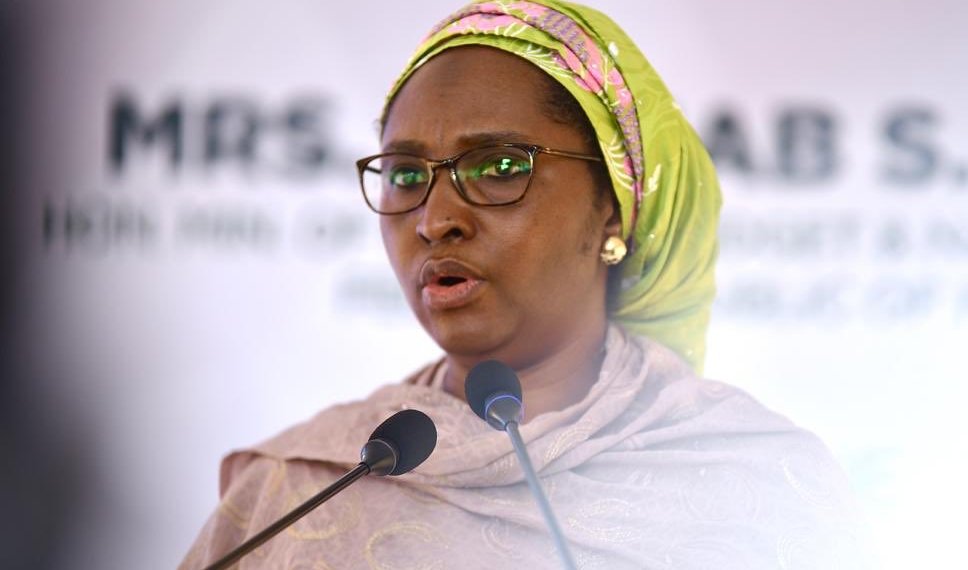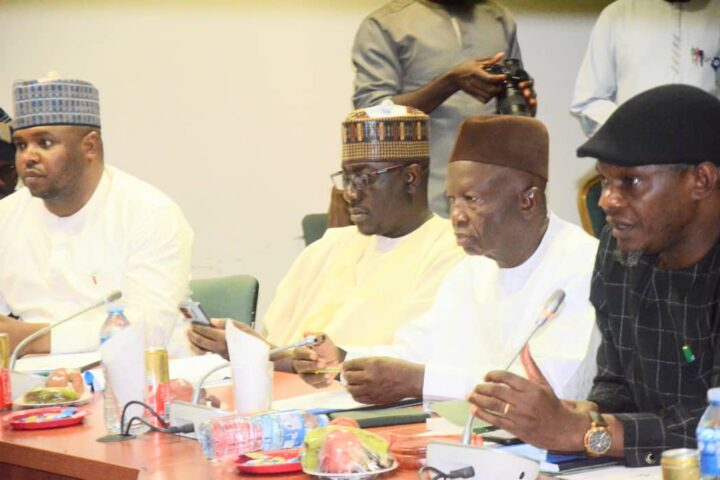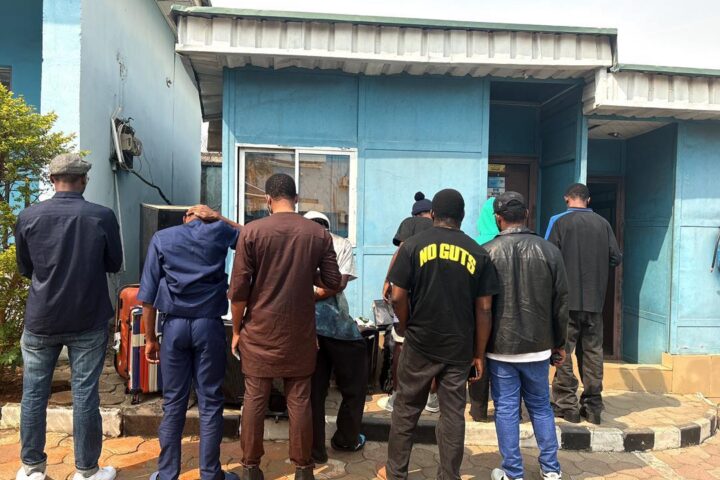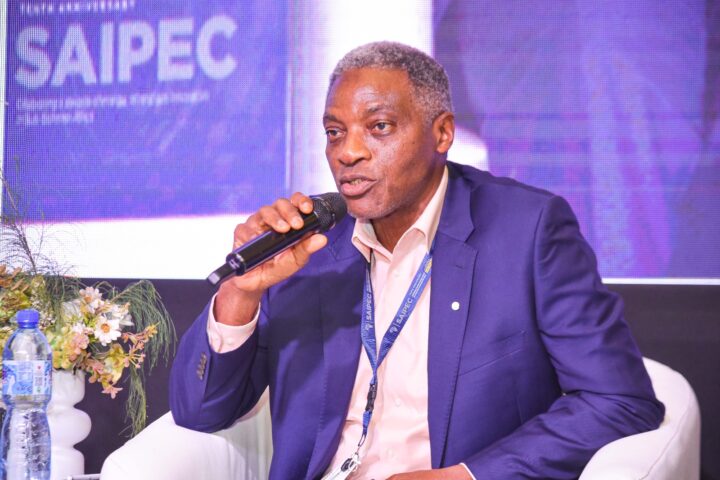
Zainab Ahmed, the Minister of Finance, Budget and National Planning and the Securities and Exchange Commission(SEC) have disagreed on the increasing debt service of Nigeria
At the 5th Annual Budget Seminar of the Securities and Exchange Commission with the theme, “Financing Nigeria’s budget and infrastructure deficits through the capital market,” the minister insisted government had to borrow despite national outcry against borrowing and debt service .
She explained that the country had to borrow to finance its budget given the urgent need to build infrastructure required for creating an enabling environment,adding that the development was further underscored by the current global pandemic with its attendant effects to Nigeria’s daily economic and social activities.
She said:“In order to provide the necessary infrastructure and still continue to meet other immediate expenditure needs, government often adopts deficit budgets which have to be financed through borrowing.
“In this regard, the capital market is very key. Of course, experience has shown that the Nigerian capital market has been very supportive in providing the necessary funds to finance government programmes and projects.”
She explained that the aggregate Federal Government budget together with the budgets of government owned enterprises and project tied loans was N13.59tn.
According to her:“The (2021) budget has a total aggregate capital expenditure of N4.37tn amounting to 32.2 per cent of the total expenditure.The budget also has an overall deficit of N5.6tn to be financed almost equally from domestic and foreign sources.”
She maintained that Nigeria must spend more now on infrastructure and other capital projects, as the benefits of spending resulted in Nigeria coming out of recession after two quarters of negative growth recently.
She added that the government could not finance infrastructure alone, but would have to partner the private sector through the capital market.
He implored capital market operators to consider retail investments and give opportunity to ordinary Nigerians to invest in the capital market in an easy and simple way.
But the Security and Exchange Commission(SEC),argued that the increasing debt service of Nigeria is an economic threat to the country, adding that the shocks to commodities were affecting revenue generation.
In a presentation delivered by the Head, Economic Research and Policy Management Division, Office of the Chief Economist, SEC, Afolabi Olowookere,it said: “Total public debt has increased from N5.24tn in 2010 to over N32tn in 2020. Still fine at around 20 per cent of GDP (Gross Domestic Product).But rising debt service is a threat. Also shocks to commodities price (are) affecting revenue. And low tax to GDP ratio.Moving towards improved sustainability may require future debt tied to revenue-generating projects.”
It observed that Nigeria’s budget had more than doubled in the last 10 years, while the country’s deficit had increased several folds.
“But capital expenditure and infrastructure estimates have not increased much. Implying deficit is often incurred to finance short-term consumption (unproductive) items,” the commission stated.



















